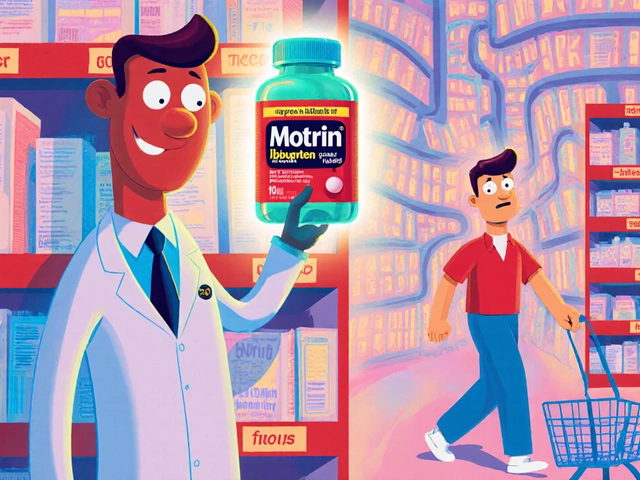Lifestyle Changes That Actually Work for Your Health
Feeling stuck with a health plan that feels like a chore? You’re not alone. The good news is most improvements don’t need a total life reboot. Small, consistent tweaks can move the needle on energy, mood, and how well your meds work.
Why Tiny Shifts Beat Grand Plans
A big diet overhaul sounds impressive, but it often fizzles out after a week. Your brain craves doable steps. Swapping one sugary snack for a piece of fruit or adding a 10‑minute walk after dinner creates momentum without overwhelming you.
These bite‑size changes also help medication safety. For example, taking your blood‑pressure pill with food can reduce stomach upset, while cutting back on alcohol improves the effectiveness of antibiotics and lowers anemia risk.
Everyday Habits That Add Up
1. Move a little every day. You don’t need a marathon; a brisk stroll around the block or climbing stairs instead of the elevator boosts circulation and helps drugs like statins work better.
2. Sleep smarter. If you rely on over‑the‑counter sleep aids like Unisom, try establishing a consistent bedtime routine first. Dim lights an hour before bed, limit caffeine after noon, and keep the room cool. Better sleep can lower the dose you need for short‑term relief.
3. Hydrate wisely. Water helps kidneys clear medication waste. Aim for eight glasses a day, but sip more if you’re on diuretics or blood thinners.
4. Pair Vitamin C with iron‑rich foods. Vitamin C spikes iron absorption, which matters if you’re dealing with anemia or taking iron supplements. Add citrus slices to salads or have a glass of orange juice with your iron pill.
5. Manage stress in minutes. Deep breathing, a quick meditation app, or a five‑minute stretch break can lower cortisol levels, which improves blood sugar control and reduces the side‑effects of steroids like Medrol.
These habits are easy to track. A simple checklist on your phone keeps you honest and shows progress over weeks.
When you combine these lifestyle tweaks with the right medication guidance—like checking for drug interactions before adding a supplement—you create a safety net that supports long‑term health.
Ready to start? Pick one habit from the list, try it for seven days, and notice how you feel. Then add another. Before you know it, those small steps become part of your daily routine, making big health gains feel effortless.
Preventing Type 2 Diabetes: Lifestyle Changes That Work
Preventing Type 2 diabetes doesn't just mean giving up sweets. It involves a complete lifestyle overhaul. From balancing your diet to staying active, small changes can lead to big results. By adopting healthy habits, people can significantly lower their risk of developing diabetes. Consistency is key, as even slight adjustments can contribute to better health.






